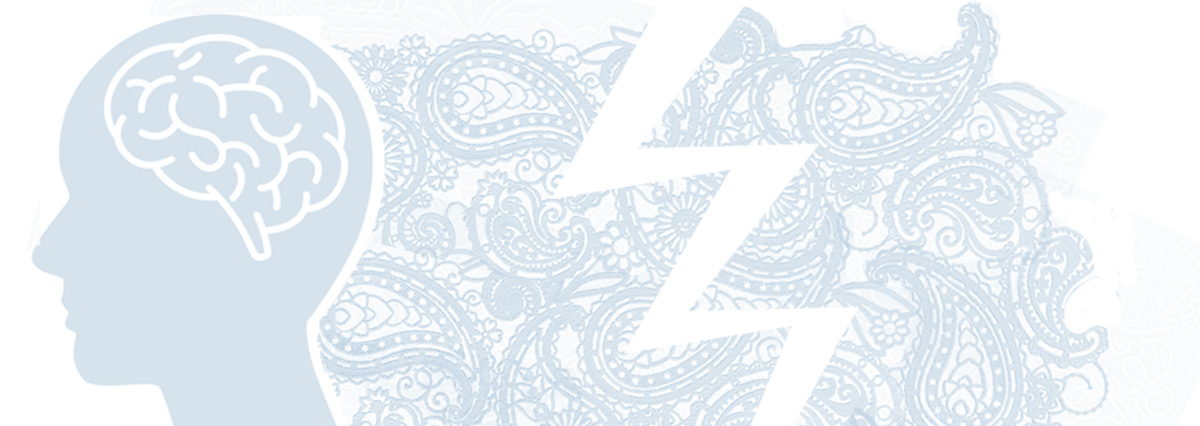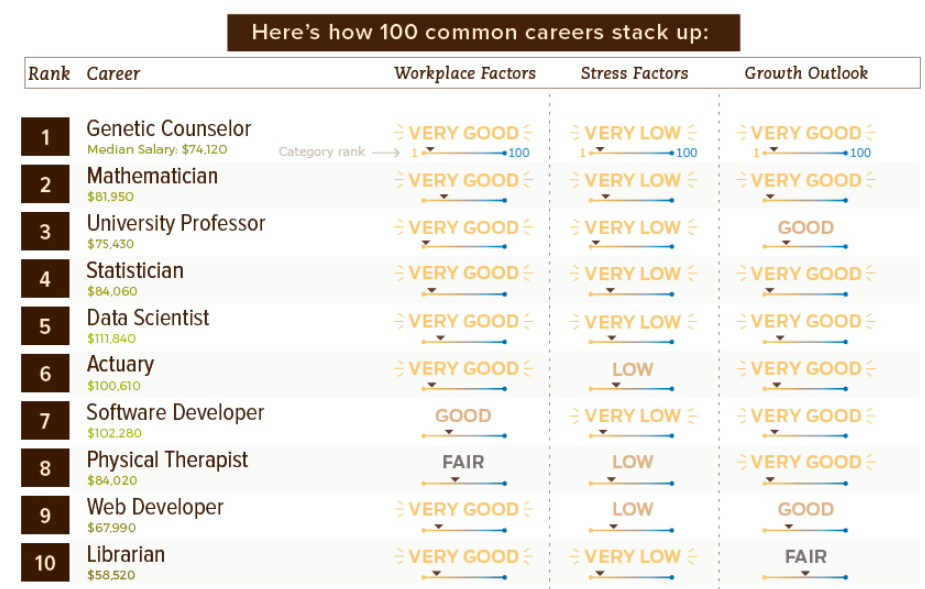
Benefits of being a senior citizen include free government benefits. This is a great way of saving money for your health, and other things. These benefits come in the form of a variety of programs and services that are designed to benefit low-income seniors. They include health insurance programs, Medicare Savings Programs, and even Medicare Supplemental Insurance (MSI).
Programs that help seniors with daily living necessities are among the many government benefits available to them. For example, Medicare Savings Programs can help you with prescriptions, copayments, and other costs. Some of the programs also work as a substitute for employee-sponsored medical insurance.
There are also programs that help with things like disease treatment and the purchase of affordable products. Lifeline is a government-run program that provides free phone service to anyone who qualifies. This program may also allow you to receive a home energy assistance grant that will help improve your home's energy efficiency.

Seniors can also get a free government benefit, the Commodity Supplemental Food Program. This program offers nutritious food and referrals for social services for low-income individuals. A box of food may be delivered to you, depending on your household income. It is also possible to receive assistance from a food pantry.
Your local Area Agency on Aging will be your best resource for information about free government benefits available to seniors. In most cases, this agency has a website or a contact phone number for you to call and get assistance. For other resources, you can check with your local charities.
There are many other government benefits available to seniors. But you'll need check with your local government offices to find out what is available in your area. PACE stands for Program of All-Inclusive care for the elderly. PACE is an acronym that stands for Program of All-Inclusive Care for the Elderly. It provides social services to seniors over 55.
Seniors can also save money on healthcare by using the Medicare Savings Programs. These programs are designed to work with each state in order to better understand its residents' needs. These programs have the greatest benefit: they can help save money for retirement.

Medicare Savings Programmes provide free government benefits for seniors aged 65 or older. These programs can help you save money for your health care and retirement. You can also save money for college and other necessities.
Supplemental Security Information (SSI), a federal program providing cash payments to low income seniors, is one other benefit seniors can look into. SSI is a program that helps low-income seniors pay for their basic needs such as food and clothes. The program can also provide you with assistance if you are a disabled or blind senior.
Your needs are the most important consideration when choosing a government benefit. Check with your local government office to find out if you're eligible for free government benefits. Free money may be available to you to help you improve your skills and/or find new employment opportunities.
FAQ
What is the value of the health care system
The health care system is an important part of any country's economy. It helps people live longer, healthier lives. It also creates job opportunities for doctors, nurses, or other medical professionals.
Access to high-quality healthcare services is possible through the health care system.
You will need to be able to comprehend the functioning of healthcare systems if your goal is to be a doctor or nurse.
What are the primary functions of a healthcare system?
The health care system should offer adequate medical facilities to those who require them, at a reasonable price, and ensure that everyone has access to high-quality services.
This means providing preventive and appropriate health care, lifestyle promotion, and treatment. This includes equitable distribution of health resources.
Why do we need medical systems?
People who live in developing countries are often without basic health care. Many people who live in these areas are affected by infectious diseases such as malaria and tuberculosis, which can lead to premature death.
In developed countries, the majority of people have routine checkups and see their general physicians for minor illnesses. But, many people still have chronic illnesses such as heart disease or diabetes.
What happens if Medicare is not available?
Uninsured Americans will increase. Some employers will remove employees from their insurance plans. Senior citizens will have to pay higher out of pocket for prescription drugs and medical services.
What should I know about immunizations?
Immunization refers the process of activating an immune response in response to a vaccine. The body creates antibodies (immunoglobulins), in response to the vaccine. These antibodies protect against infection.
Statistics
- Healthcare Occupations PRINTER-FRIENDLY Employment in healthcare occupations is projected to grow 16 percent from 2020 to 2030, much faster than the average for all occupations, adding about 2.6 million new jobs. (bls.gov)
- For instance, Chinese hospital charges tend toward 50% for drugs, another major percentage for equipment, and a small percentage for healthcare professional fees. (en.wikipedia.org)
- For the most part, that's true—over 80 percent of patients are over the age of 65. (rasmussen.edu)
- The healthcare sector is one of the largest and most complex in the U.S. economy, accounting for 18% of gross domestic product (GDP) in 2020.1 (investopedia.com)
- Consuming over 10 percent of [3] (en.wikipedia.org)
External Links
How To
What is the Healthcare Industry Value Chain
The healthcare industry value chains include all the activities involved with providing healthcare services. This includes the business processes within hospitals and clinics and the supply chains that connect them to other providers such as physicians, nurses, pharmacists, insurance companies, manufacturers, wholesalers, and distributors. The result is a continuum which starts with diagnosis and ends in discharge.
The value chain consists of four major components.
-
Business Processes – These are the tasks that individuals perform throughout the delivery of health care. A physician might order medication for a patient, then perform an examination. Every step must be done efficiently and accurately.
-
Supply Chains – The entire network of organizations responsible for ensuring that the right supplies reach those who need them. A hospital might have several suppliers. These could include lab testing facilities, imaging centres, pharmacies, or even janitorial personnel.
-
Networked Organizations: To coordinate these entities, it is necessary to have some means of communication between them. Hospitals often have several departments. Each one has its own phone number and office. Every department will have a central point where employees can go for updates to ensure everyone knows what's happening.
-
Information Technology Systems - IT plays a critical role in business process efficiency. It is essential to ensure that business processes run smoothly. Without IT, everything would be a mess. IT is also a platform that allows for the integration of new technologies into the system. Doctors can connect to a secure network connection in order to integrate electronic medical records into their workflow.